PEOPLE
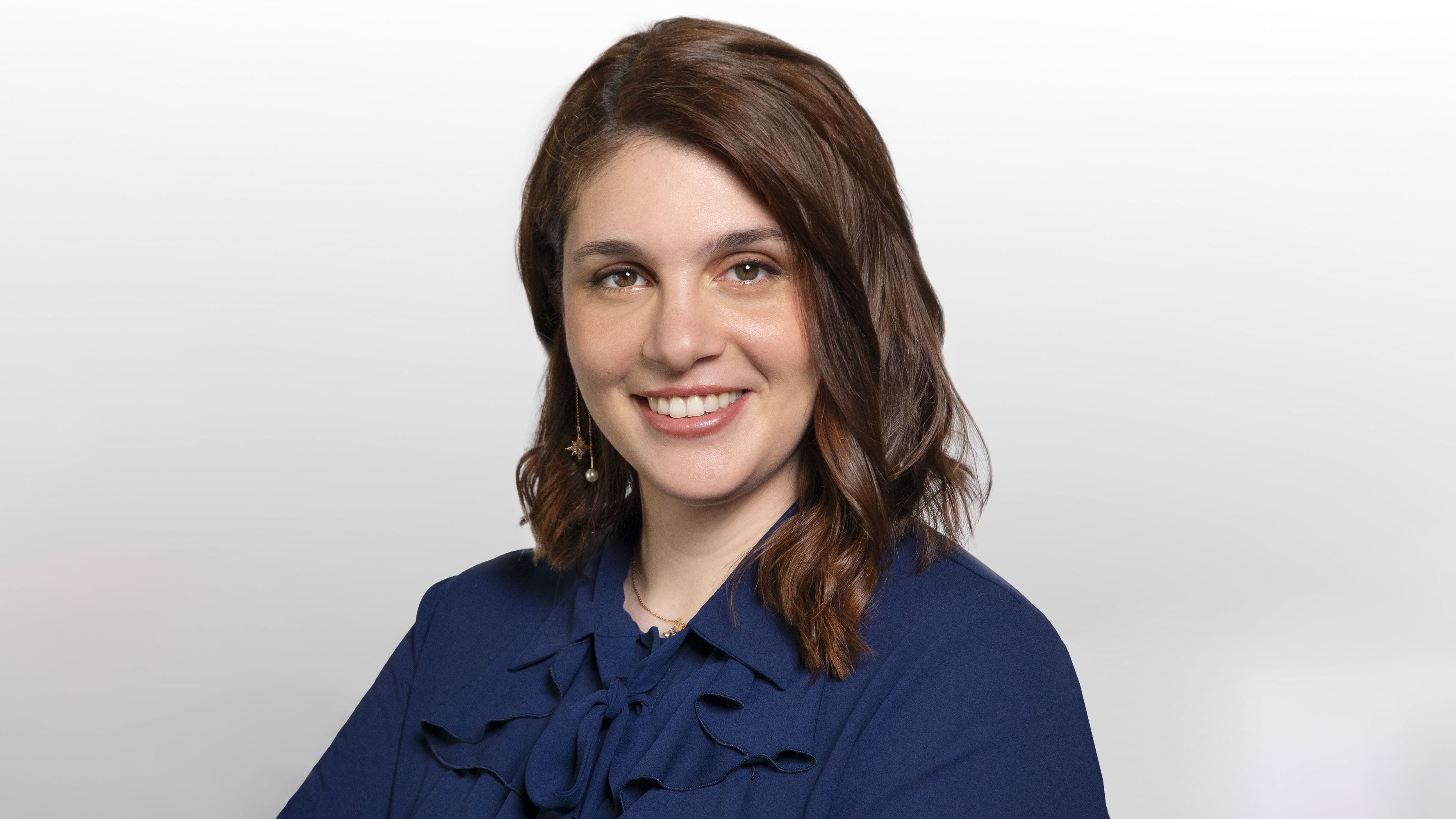
QUANTUM INFORMATION THEORY AND PARTICLE PHYSICS: AN UNEXPLORED PATH TO FIND NEW PHYSICS
Interview with Federica Fabbri, researcher at the University of Bologna and at INFN, winner of the 2024 edition of the "L'Oréal Italia For Women in Science" award.
The specialisation in subnuclear physics at the University of Bologna, the research activity in Göttingen, at CERN in Geneva, and in Glasgow, the award of the prestigious European Marie Curie Fellowship that brought her back to Italy: Federica Fabbri, aged 34, is already a reference point in the field of top quark studies. Studies that earned her the L'Oréal Italia-UNESCO For Women in Science 2024 award, an initiative that for 22 years has supported young female researchers “who will help shape the future of scientific progress”. To date, 112 Italian female scientists have received this award, and this year, out of 260 applications, six prizes worth 20,000 euros each were awarded to as many women scientists under 35, active in the fields of Life and Matter Sciences, with the aim of encouraging and supporting their research activity and professional growth and promoting the essential role of women in the scientific enterprise. Federica was awarded the grant thanks to her brilliant CV and to one project in particular, Exploring quantum observables at LHC, which aims to answer unsolved questions concerning the universe by going in an unexplored direction, straddling quantum information theory and particle physics. We asked her to tell us about her research and the ambitious goals that drive it.
Where did the idea for Exploring quantum observables at LHC come from?
From the many questions still open concerning the standard model: what is the source of dark matter, why is there such a large mass gap between the various particles, why has matter won over antimatter? So far, classical methods of searching for new physics have not been successful in finding answers. So, we thought of looking for novel solutions, combining two branches of physics that had never been combined before: high-energy physics and quantum information theory.NEWS
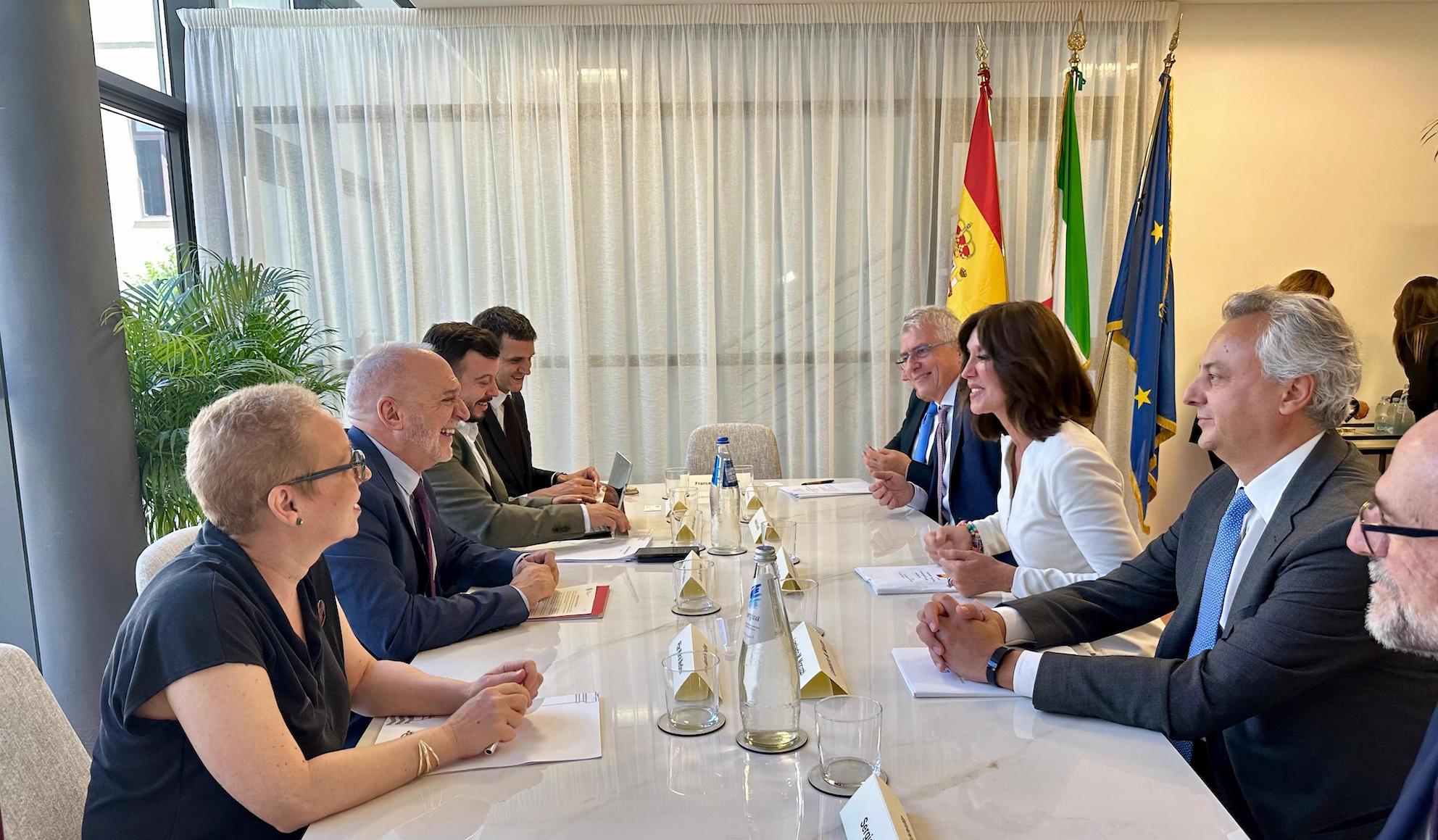
EINSTEIN TELESCOPE
EINSTEIN TELESCOPE, AGREEMENT ITALY-SPAIN TO SUPPORT THE ITALIAN CANDIDACY
Italy’s candidacy for the construction of the Einstein Telescope in Sardinia is gaining strength. Today, July 2nd, in Olbia, Sardinia, the Minister of University and Research, Anna Maria Bernini, signed an agreement with the Spanish Deputy Minister of Science, Research, and Innovation, Juan Cruz Cigudosa, which provides for Spain’s support for the Italian proposal.
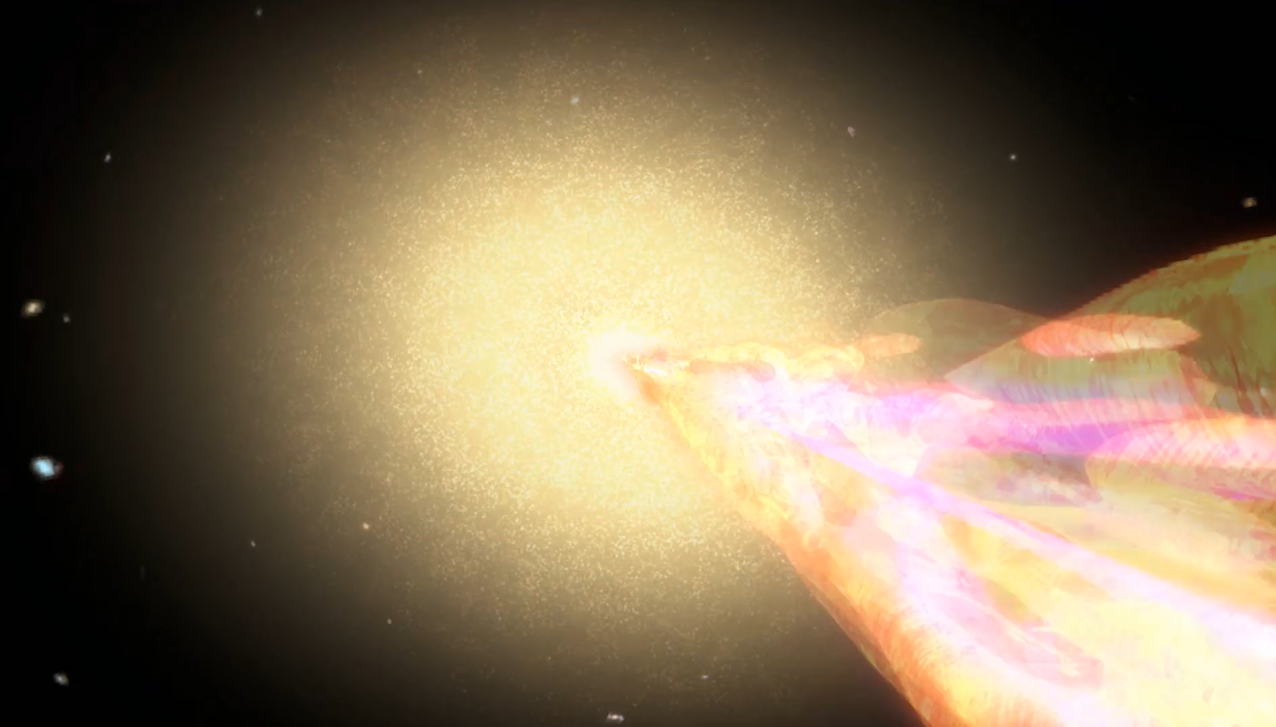
RESEARCH
UNPRECEDENTED ENERGY PEAK IN THE MOST INTENSE GAMMA-RAY BURST EVER
The spectrum of the most intense gamma-ray burst ever, detected in 2022, was found to contain a characteristic never observed in fifty years of research: an emission line, which is formed when a physical process emits radiation at a specific energy (or wavelength). This line was identified for the first time in a gamma ray burst (GRB) by a young international group involving the three Italian Institutes INAF, GSSI and INFN. The result, of great interest for research and for the understanding of GRBs, was published on 25 July in the journal “Science”.
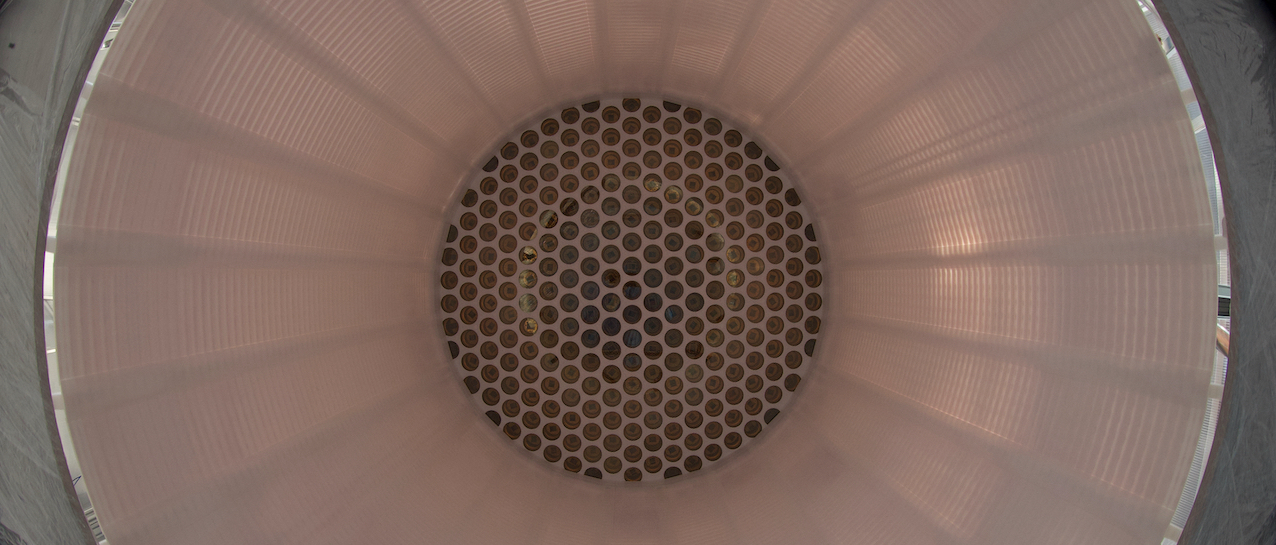
RESEARCH
SEARCHING FOR DARK MATTER, THE XENONnT EXPERIMENT HAS ENTERED THE NEUTRINO FOG FOR THE FIRST TIME
The low-energy detection capabilities and extremely low background noise of the XENONnT experiment, operating at INFN Gran Sasso National Laboratories, have made it possible for a dark matter detector to perform the first measurement of solar neutrinos. In particular, we are speaking of the measurement of low-energy nuclear recoils produced by the interaction of neutrinos produced in the nuclear reactions taking place in our star, and in this case, those involving the element boron. The result, presented on 10 July at the IDM Identification of Dark Matter 2024 international workshop in L'Aquila, opens a new chapter in the field of direct dark matter detection.
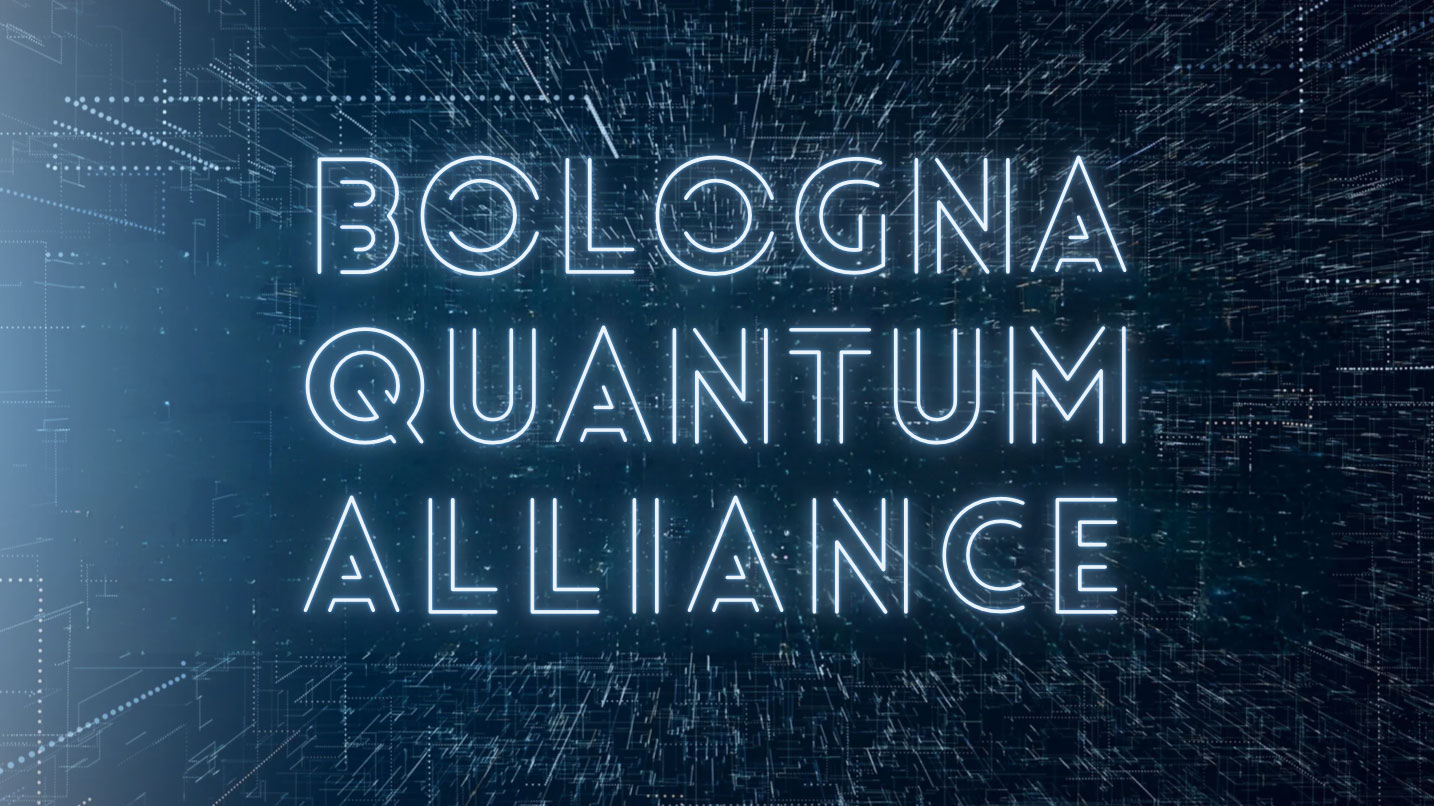
COLLABORATION
BOLOGNA QUANTUM ALLIANCE INAUGURATED
The future of quantum science and technology finds a new national and European point of reference in Bologna. The Bologna Quantum Alliance (BOQA): an agreement that brings together Alma Mater Studiorum - University of Bologna, CINECA Interuniversity Consortium, Euro-Mediterranean Center on Climate Change (CMCC), National Research Council (CNR), National Institute of Astrophysics (INAF), National Institute for Nuclear Physics (INFN) and National Institute of Geophysics and Volcanology (INGV).
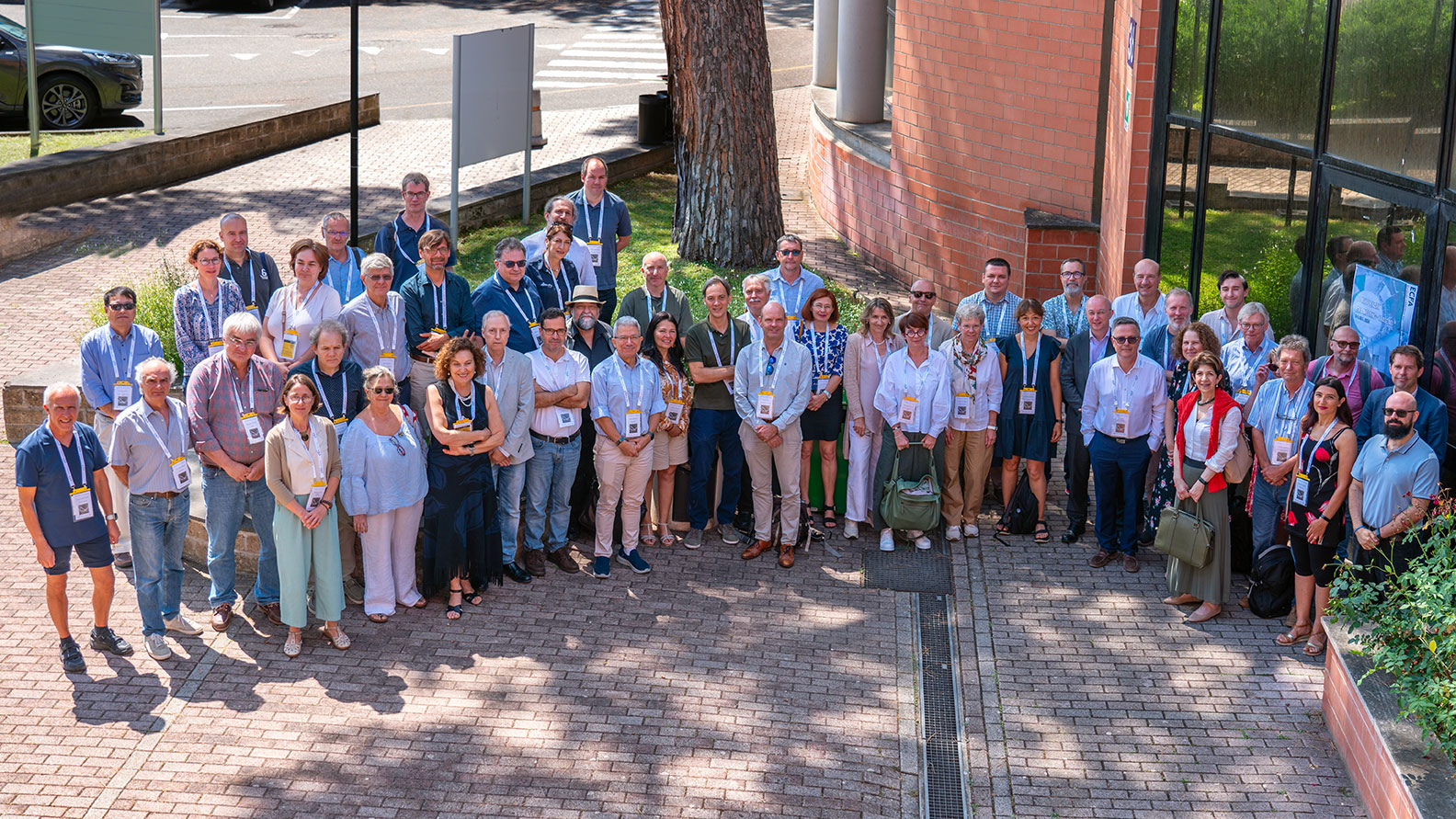
ACCELERATORS
THE ECFA PLENARY MEETING AT THE INFN FRASCATI NATIONAL LABORATORIES
The 114th plenary meeting of the European Committee for Accelerators of the Future (ECFA) took place on 4-5 July at INFN Frascati National Laboratories. The event gathered over 60 representatives of the Committee, consisting of 29 member states and CERN, including Fabiola Gianotti, the Director General of the great European research centre.
FOCUS
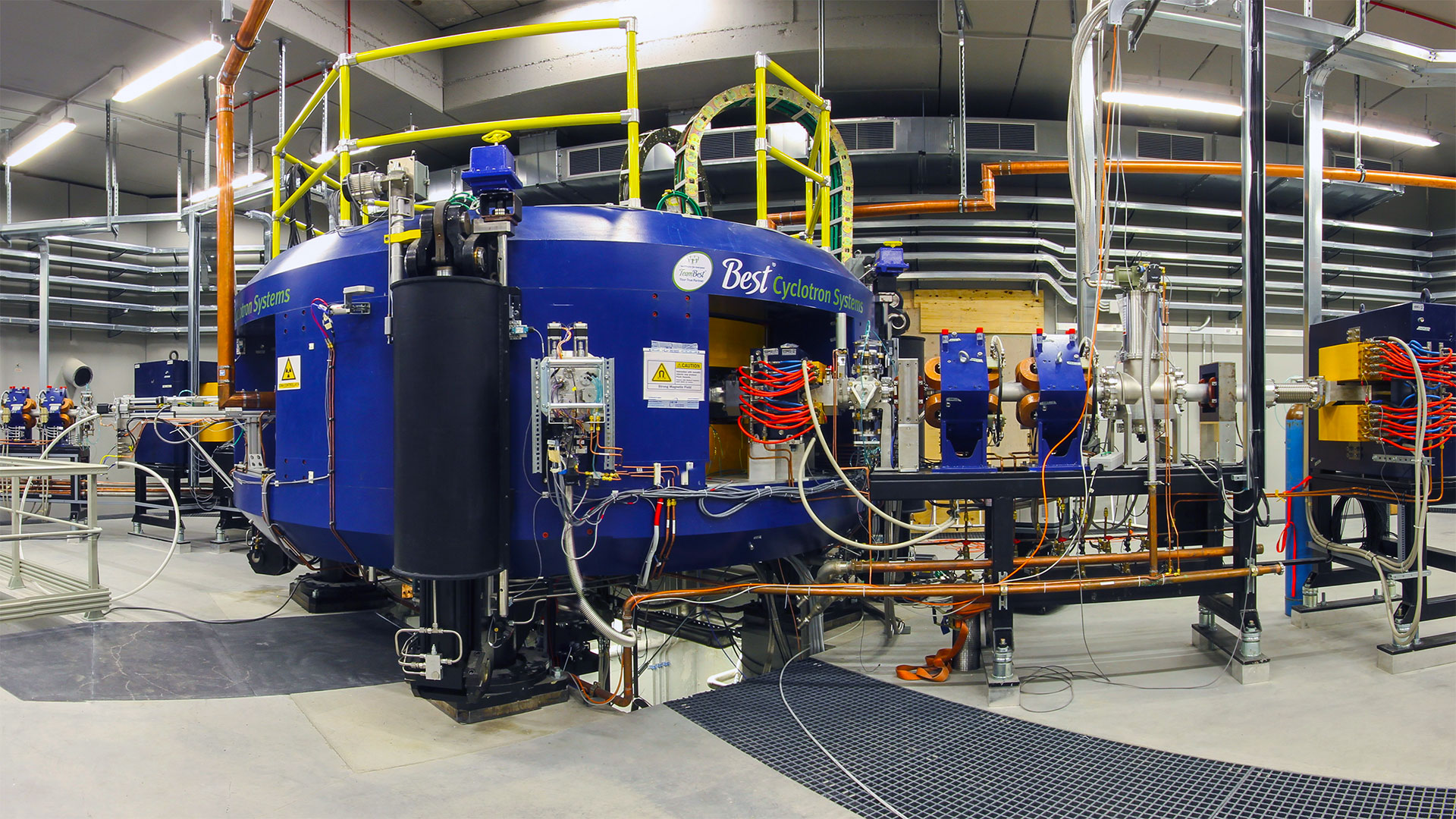 LEGNARO NATIONAL LABORATORY: THE FIRST STAGE TO SPES COMPLETED SUCCESSFULLY
LEGNARO NATIONAL LABORATORY: THE FIRST STAGE TO SPES COMPLETED SUCCESSFULLY
SPES (Selective Production of Exotic Species) is one of the flagship projects of the INFN Legnaro National Laboratories and at its heart there is a cyclotron for protons. SPES aims to create an innovative research infrastructure, dedicated both to fundamental physics studies and to interdisciplinary physics developments, in particular the production of radionuclides of medical interest, for imaging and oncology therapy. The implementation of the project is organised into five phases, the first of which has recently concluded successfully. ...
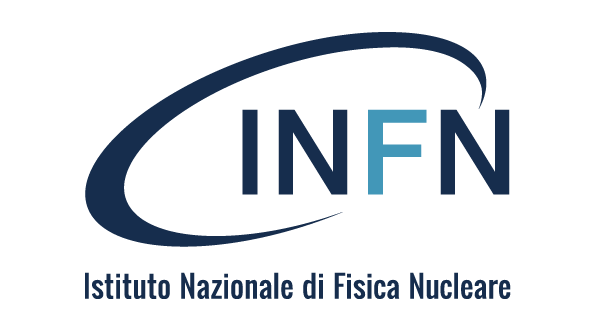

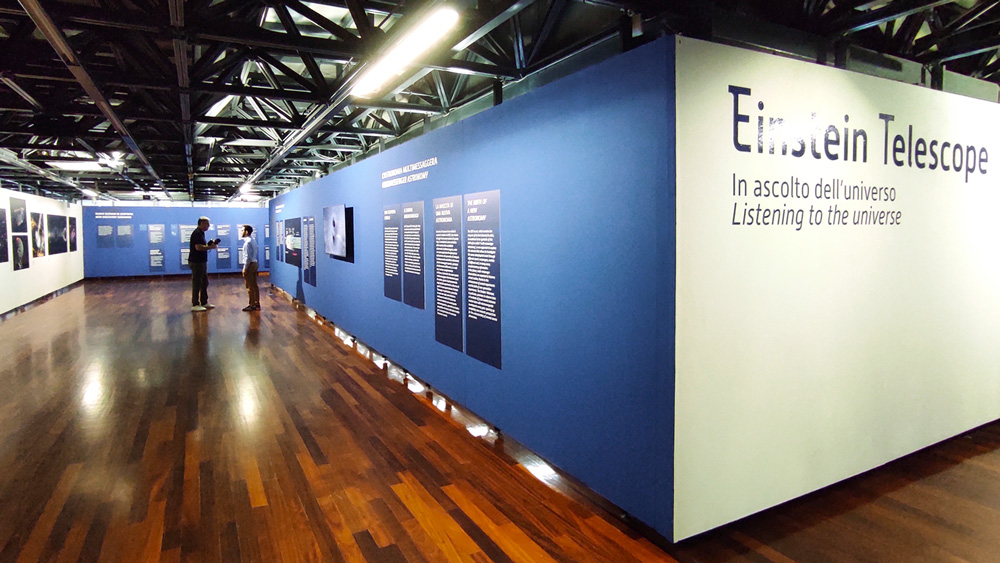 EINSTEIN TELESCOPE. LISTENING TO THE UNIVERSE
EINSTEIN TELESCOPE. LISTENING TO THE UNIVERSE